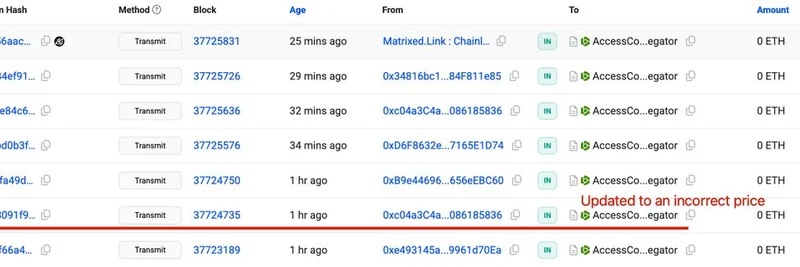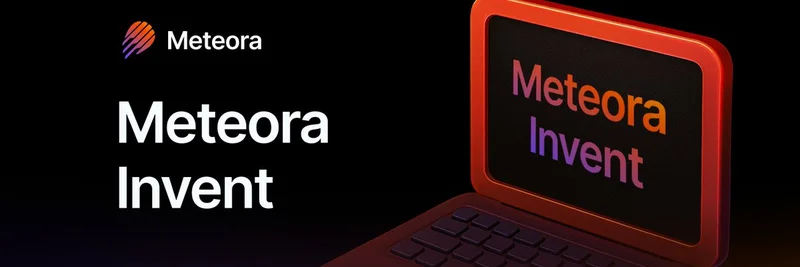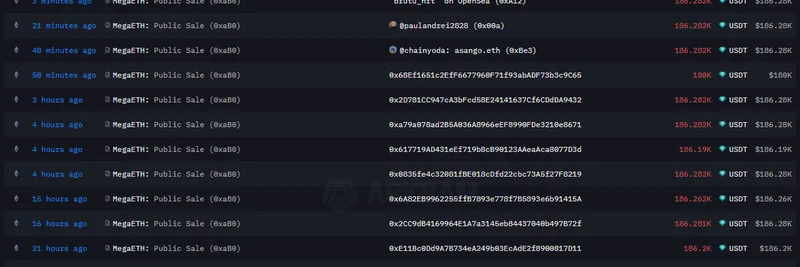In the fast-paced world of decentralized finance (DeFi), security alerts can make all the difference. Recently, blockchain security firm Phalcon raised the alarm on a series of suspicious transactions hitting Moonwell DeFi's smart contracts. If you're not familiar, Moonwell is a lending protocol operating on layer-2 networks like Base and Optimism, allowing users to borrow and lend crypto assets efficiently.
The issue stemmed from an off-chain oracle—a third-party service that feeds real-time price data into smart contracts. In this case, the price feed for rsETH (a restaked ETH token) against ETH went haywire, getting updated incorrectly. This glitch created an opportunity for exploitation, likely by a Miner Extractable Value (MEV) bot, which is essentially automated software that scans the blockchain for profitable opportunities, sometimes at the expense of protocols.
According to Phalcon's monitoring system, this led to losses exceeding $1 million. Phalcon, built by the team at BlockSec, specializes in real-time threat detection to prevent such hacks. They noted that with proper monitoring tools like theirs, exploits could be blocked before any real damage occurs.
The screenshot above, shared in Phalcon's alert on X (formerly Twitter), shows a flurry of "Transmit" transactions interacting with an address labeled "AccessCo.egator." One stands out with a note: "Updated to an incorrect price." This visual highlights how quickly these events unfolded, with transactions spaced just minutes apart.
What Went Wrong with the Oracle?
Oracles are crucial in DeFi because smart contracts can't pull external data on their own. They rely on oracles to provide accurate prices to prevent things like undercollateralized loans. Here, the rsETH/ETH price feed was manipulated or erred, allowing the attacker to borrow assets at undervalued rates and potentially liquidate positions for profit.
While Phalcon suspects an MEV bot, these bots aren't always malicious—they're part of the ecosystem that reorders transactions for efficiency. But in vulnerable setups, they can amplify issues. Moonwell, backed by communities on Base and Optimism, has been growing as a hub for yield farming and lending, making it a prime target.
Implications for DeFi Users and Projects
This incident underscores the risks in relying on external data sources. For users, it's a reminder to diversify and use protocols with robust security audits. Projects like Moonwell might now implement multi-oracle redundancies or on-chain price verification to mitigate similar risks.
Phalcon couldn't reach Moonwell directly, so they went public with the alert. If you're involved in the project or have questions, they're open to discussions via their Telegram channel.
Staying Safe in the Meme Token and DeFi Space
While this exploit hit a lending protocol, it ties into the broader meme token ecosystem where quick pumps and dumps often intersect with DeFi tools. Traders using leveraged positions on platforms like Moonwell could see ripple effects in volatile meme assets. Always monitor tools like Phalcon for real-time insights, and consider integrating them into your strategy to stay ahead of threats.
As the crypto space evolves, events like this highlight the need for better oracle designs and proactive security. Keep an eye on updates from Moonwell and Phalcon for any resolutions or preventive measures.




